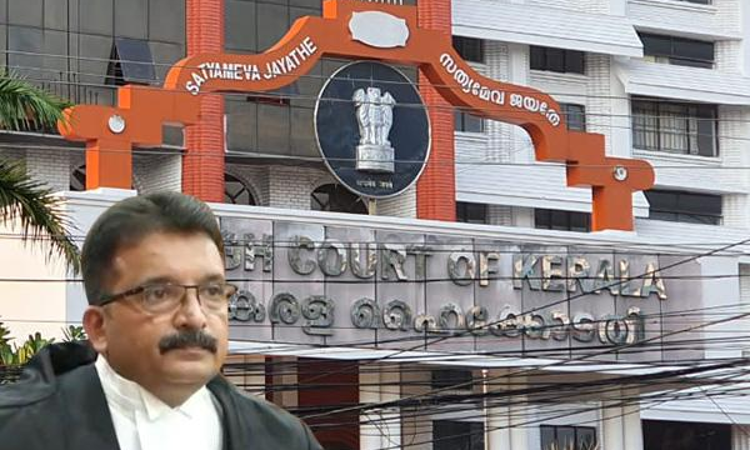Twin Conditions For Bail U/S 45 PMLA Declared Unconstitutional By SC Restored By 2018 Amendment: Kerala High Court
Hannah M Varghese
4 Jun 2022 2:54 PM IST

Next Story
4 Jun 2022 2:54 PM IST
The Kerala High Court has recently ruled that while considering a bail application under the Prevention of Money Laundering Act, the twin conditions specified in Section 45(1) of PMLA and the general principles governing the grant of bail under Section 439 of CrPC should be considered.After examining Sections 65 and 71 of the PMLA, Justice Kauser Edappagath found that PMLA has an...
